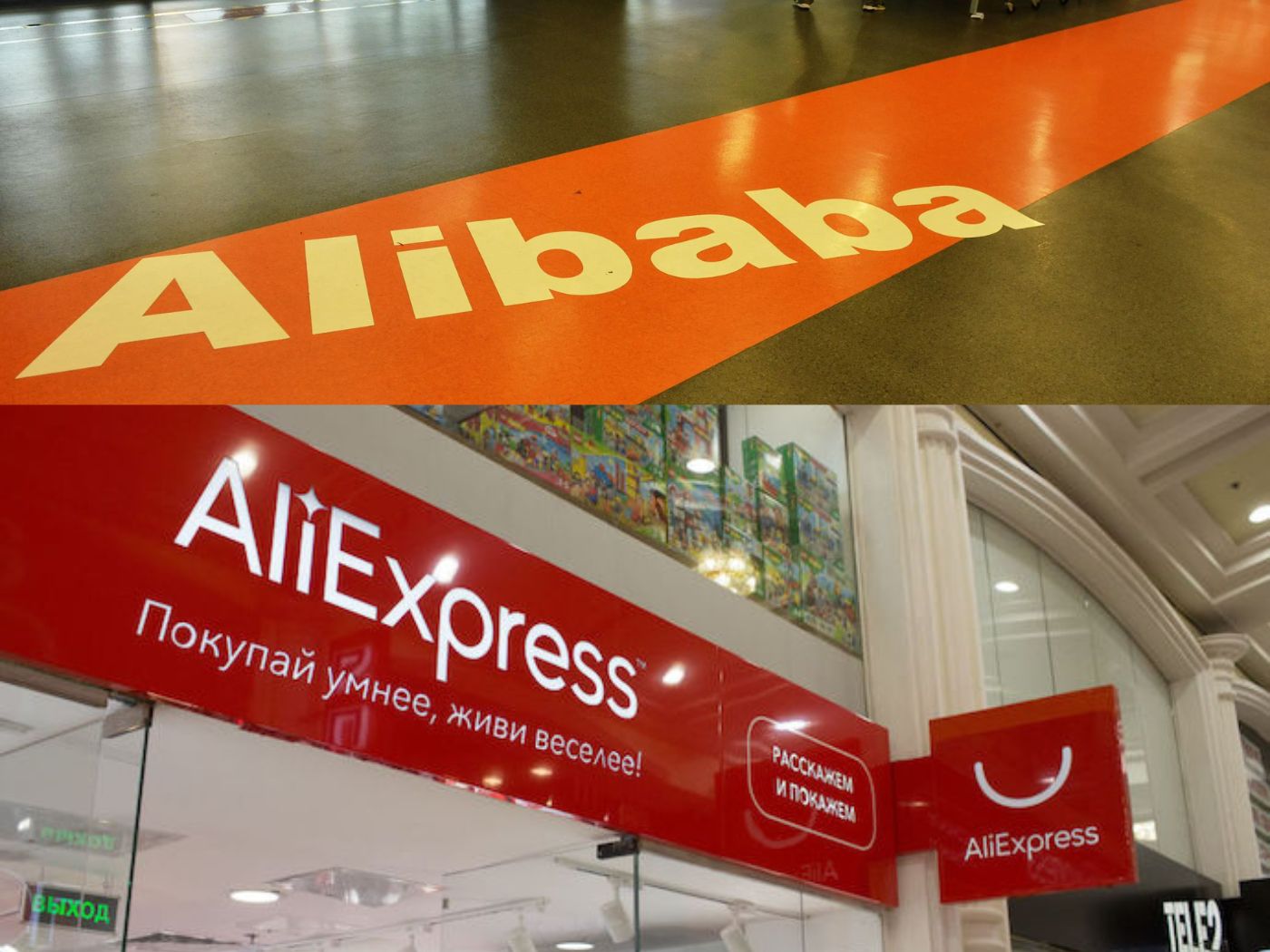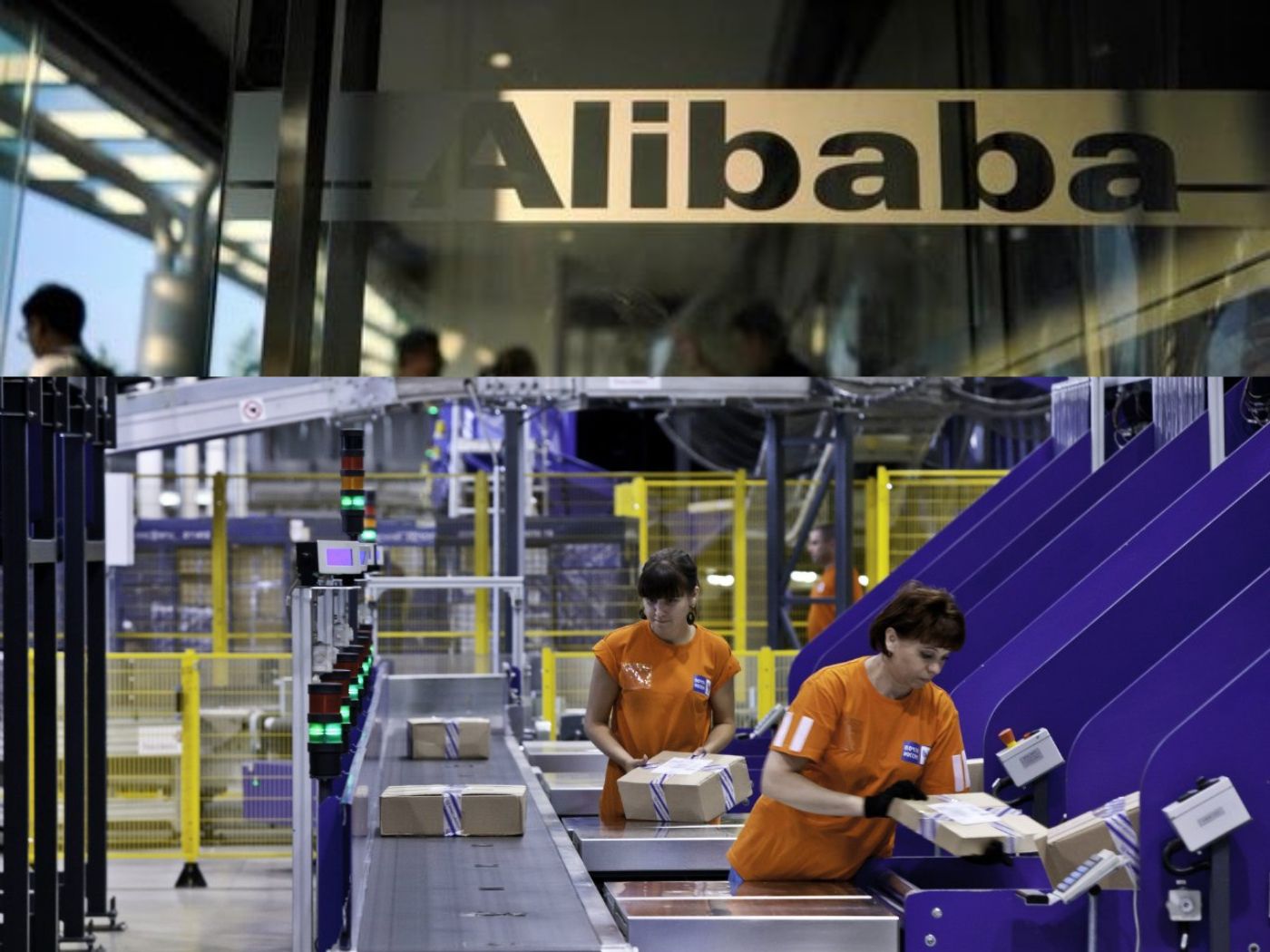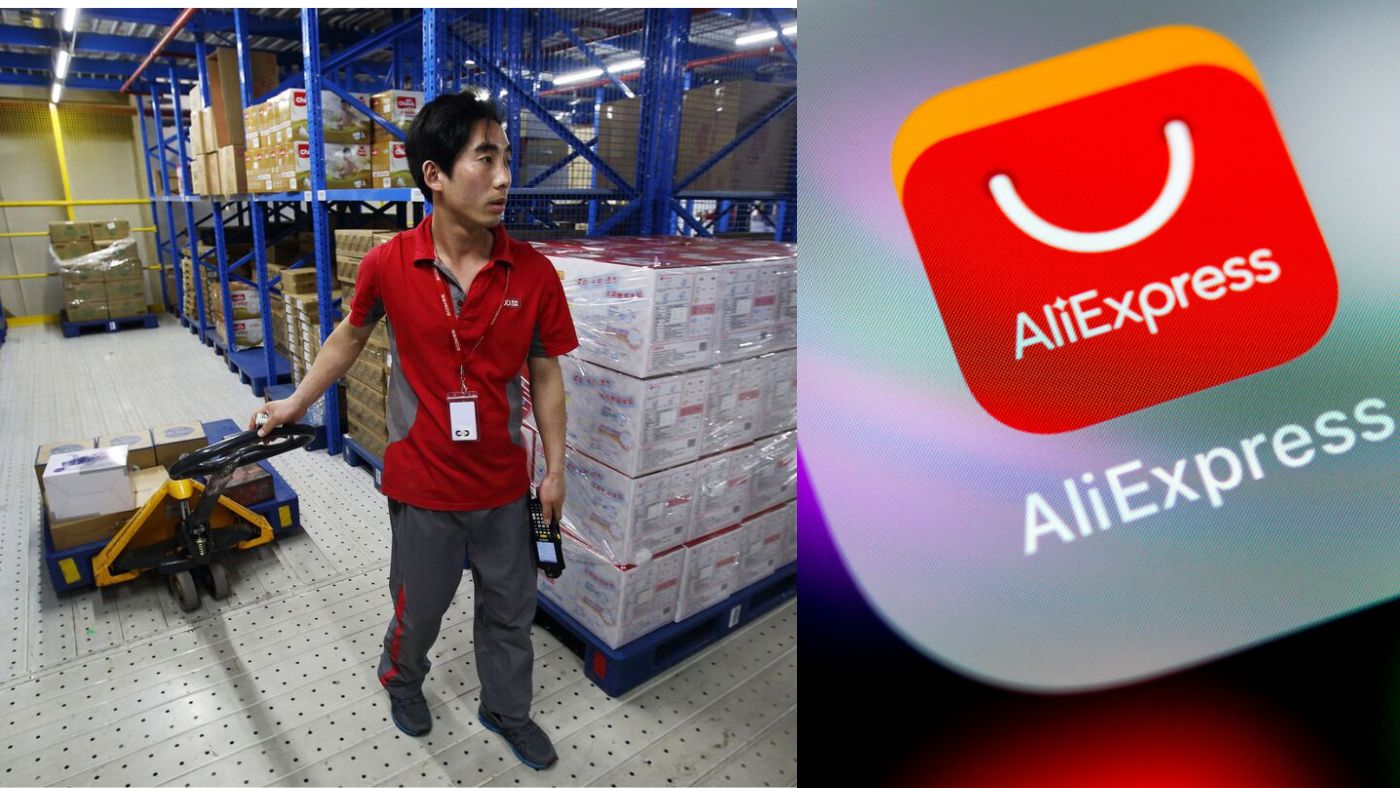Alibaba, the business-to-business (B2B) counterpart to the business-to-consumer (B2C) e-commerce platform AliExpress, has reportedly ceased accepting payments in Russian rubles and halted deliveries to Russia. But is this accurate?
Both Alibaba and AliExpress are part of the Alibaba Group Holding Limited, yet AliExpress’s social media page has clarified that these restrictions do not apply to AliExpress.
Market sources confirmed to the Russian news outlet Kommersant that payments made on Alibaba using Russian cards are generally no longer successful, with a few exceptions. However, they anticipated that the funds would be returned shortly.
Despite these reports, as of the time of publication, Alibaba’s site in Russia remains operational, displaying prices in Russian rubles, and listing Russia as a delivery destination for available merchandise.
Russian economics expert Semyon Novoprudsky told Kommersant that fear of secondary US sanctions is likely responsible for Alibaba’s operational restrictions.

Many European countries are seduced by the irresistible temptation of fashioning a modus vivendi with even the worst of regimes in Moscow. It’s a mistake that should not be repeated.
A popular platform for Russian businesses, Alibaba’s restrictions are likely to further limit Russia’s access to foreign goods. China remains one of the few countries not imposing sanctions against Russia.
“Alibaba is a favorite source of goods for many so-called resellers: these are wholesale markets, stores, sellers on marketplaces.
“It is obvious that the same times have now come for these players as for larger economic counterparties, who have already been living under sanctions for more than two years and are learning to circumvent them in every possible way,” market expert Artem Bobtsov told Kommersant.

Bobtsov added that Russian buyers could likely bypass the issue by purchasing through entities in neighboring nations such as Kazakhstan and Armenia, though this would incur additional costs.
The restrictions might also impact the Russian military. The Kyiv Post reported in November 2023 that Moscow’s Ministry of Defense procured thousands of Chinese offroad vehicles for its war in Ukraine, potentially through wholesaler platforms like Alibaba.
Some media outlets reported that AliExpress, not Alibaba, introduced the restrictions. However, AliExpress announced on its social media page that its operations in Russia will continue as usual, even reminding Russians of an upcoming sale starting on June 1.
“Friends, news has appeared in the media about our colleagues from Alibaba. Some people confuse AliExpress and Alibaba, so we want to reassure you that all payments and delivery from AliExpress are working as usual.
“PS And on June 1st the sale also starts,” read the company’s update on Russian social media VKontakte.







Leave a Reply